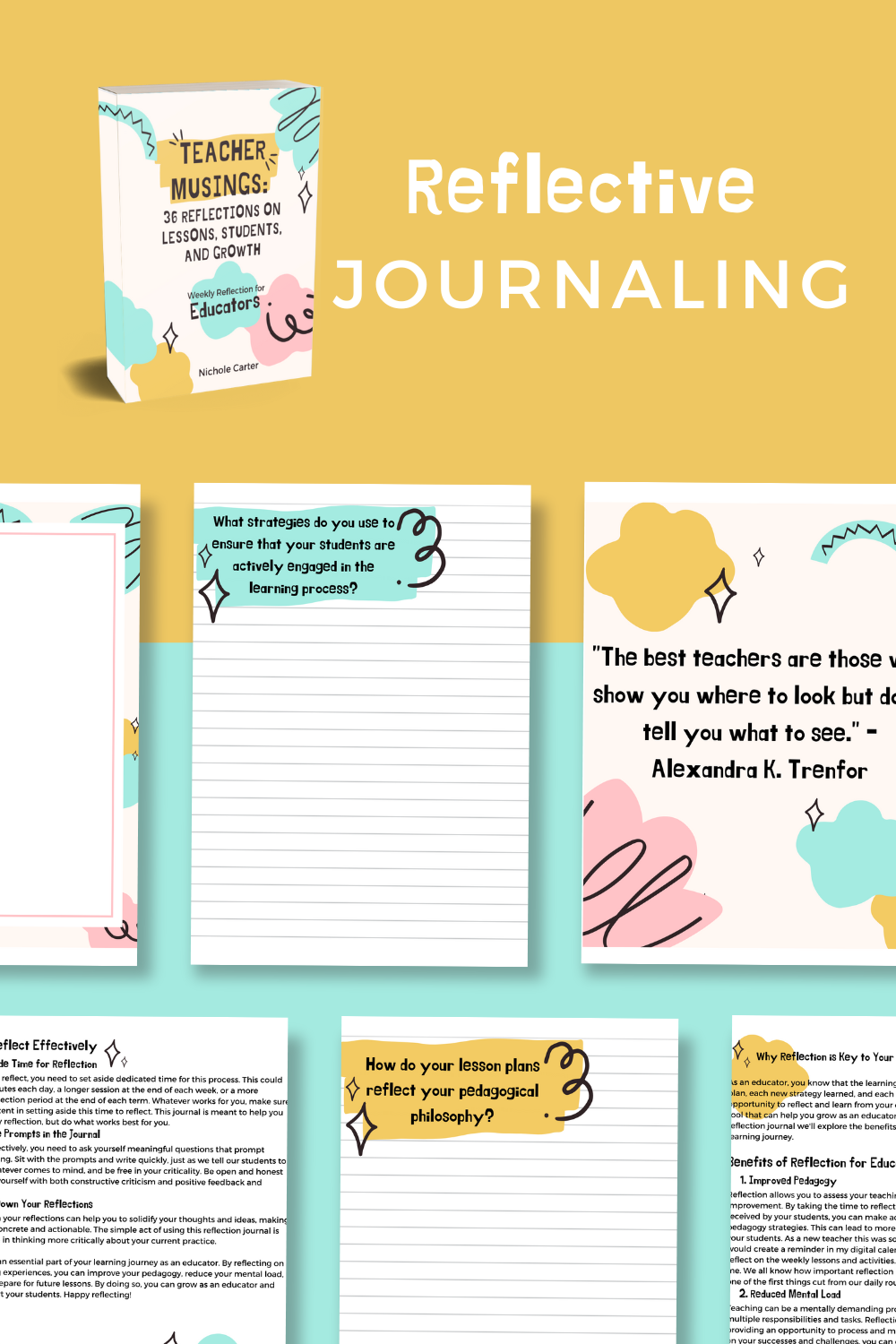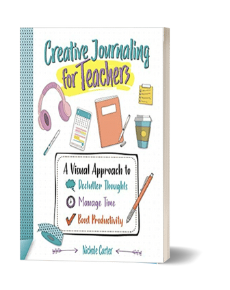|
As educators, we are always learning. Every lesson plan, every pedagogy strategy, and every interaction with our students provides an opportunity to reflect on our experiences and learn from them. However, many teachers struggle to find time for reflection in their busy schedules. In this blog post, we'll explore the benefits of reflective practice and why it's essential for every educator. What is Reflective Practice?Reflective practice is the process of thinking about and analyzing our experiences in order to gain insights and improve our practice. It involves taking a step back from our work and asking ourselves questions such as: What worked well in this lesson? What could I have done differently? What did I learn from this experience? Reflective practice is not just about thinking, but also about taking action based on our insights and feedback. Benefits of Reflective Practice for Educators 1. Improved Teaching Effectiveness Reflective practice can help teachers improve their teaching effectiveness by identifying areas for improvement and developing new strategies. By reflecting on their experiences, teachers can analyze what went well and what didn't, and adjust their teaching methods accordingly. This can lead to more engaging and effective lessons, as well as improved student outcomes. 2. Reduced Mental Load Teaching can be a mentally demanding job, and it's easy to become overwhelmed by the sheer amount of information and tasks that teachers have to manage on a daily basis. Reflective practice can help reduce this mental load by allowing teachers to prioritize their tasks and focus on what's most important. By taking time to reflect on their experiences, teachers can gain a better understanding of their own strengths and weaknesses, and develop strategies for managing their workload more effectively. 3. Increased Professional Development Reflective practice is an essential part of professional development for educators. It allows teachers to identify areas for improvement and set goals for their own growth and development. By reflecting on their experiences and seeking feedback from colleagues, teachers can gain new insights and perspectives, and develop new skills and knowledge. 4. Improved Student Outcomes Reflective practice can also lead to improved student outcomes. By reflecting on their teaching practice, teachers can identify what works well and what doesn't, and make adjustments accordingly. This can lead to more engaging and effective lessons, and ultimately, better outcomes for students. How to Incorporate Reflective Practice into Your Teaching1. Set Aside Time for Reflection One of the biggest challenges of reflective practice is finding time to do it. However, it's important to make reflection a priority in your teaching practice. Set aside regular time each week or month for reflection, and make it a non-negotiable part of your schedule. 2. Use a Journal One of the most effective ways to engage in reflective practice is to use a journal. Write down your reflections on your teaching practice, and use this information to identify areas for improvement and set goals for your own growth and development. You can also use your journal to track your progress and celebrate your successes. 3. Seek Feedback
Reflection doesn't have to be a solitary activity. Seek feedback from colleagues, mentors, and even your students. Ask for their perspectives on your teaching practice, and use this feedback to inform your reflections and identify areas for improvement. Reflective practice is a vital aspect of an educator's journey, and it should be integrated into our daily lives as professionals. Through reflection, we can gain insights into our teaching styles, evaluate the effectiveness of our lesson plans, and improve our interactions with our students. Whether you choose to keep a reflective journal, solicit feedback from colleagues, or set aside specific times for introspection, make sure you prioritize reflective practice as an ongoing process. Your commitment to continuous learning and improvement will not only benefit your students but also contribute to your personal and professional growth as an educator.
0 Comments
Leave a Reply. |
Nichole CarterCurrent thoughts and ruminations on educational technology. Archives
July 2023
Categories
All
|




 RSS Feed
RSS Feed